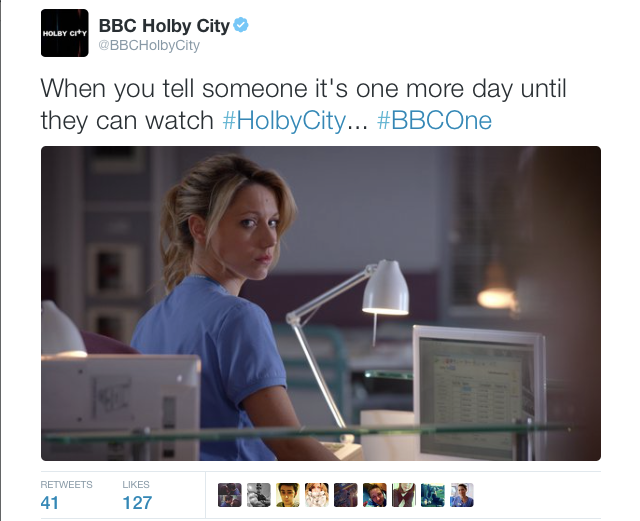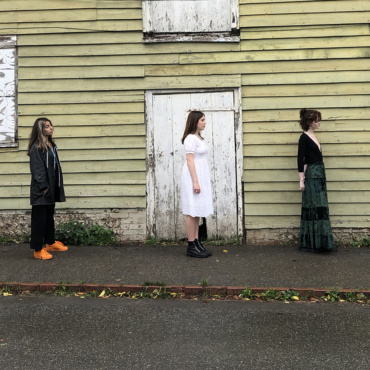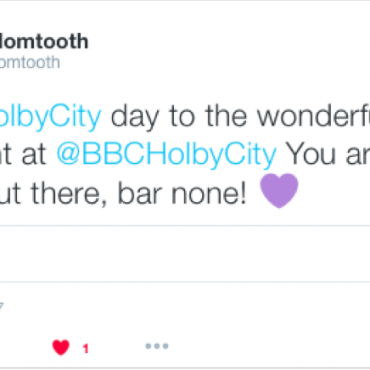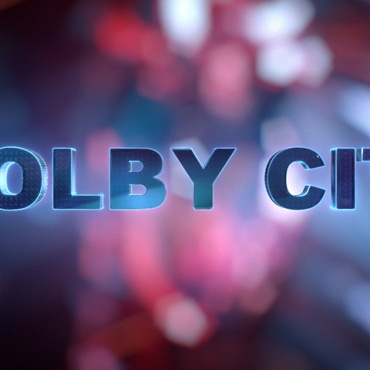It’s over a week into the Paralympic games and it’s drumming up some impressive stats. Team GB are second to China in the medal table, with 32 gold medals in total, including ten for Athletics alone. You may be familiar with a few of them – Eleanor Simmonds, David Weir, Liz Johnson and Jonnie Peacock are the names currently causing a buzz around the Olympic village. Dive a little deeper into social media and these same athletes are competing for their online presence – and increasingly seeing the benefits.
Paralympic athletes are fast becoming household names and seeing their profiles soar as their successes in the medals table continue to boom. A great measure of this success can be seen on social media. Triple medal winner Ellie Simmonds has seen a boost of 376% in followers on Twitter (up to over 21,000) and 403% on Facebook, to over 18,400 fans since the start of the event. Sarah Storey, also a double gold medallist, set the Velodrome alight this week and has also experienced significant gains online, with a rise of almost 100% in Twitter followers and a whopping 479% increase on Facebook. With more medals up for grabs, her profile is surely set to continue to increase as the week goes on.
The International Paralympic Committee’s social media guidelines for London 2012 actively encourage tweeting and Facebook posts, making it the first truly social Games. Indeed Craig Spence, IPC Media & Communications Senior Manager, said: “The IPC wants to use the power of social media to spread the Paralympic vision and share the Paralympic experience so that anyone anywhere in the world can be part of these Games.” Furthermore, rules for posts include:
- These must be in the first person, their own personal opinion or views and related to their own personal Paralympic-related experience.
- They should not contain any interview with, or stories about, other Accredited Persons
- Postings should be polite, courteous, and respectful in their messages to others and shall not use obscene, profane, vulgar, sexually explicit, defamatory, or abusive language.
Straightforward and self-explanatory maybe but putting these rules in place ensures a level of respect from athletes and the IPC’s proactive dedication to maintain this positive rapport. Perhaps something Twitter itself can learn, its terms and of service essentially stating ‘You are what you Tweet – and we’re not responsible for it’. An active approach to curb negative posts and so-called ‘internet trolls’, through guidelines alone, by the hand that feeds may help to generate a more positive ethos.
Paralympic volunteers are also getting involved in the social media Games, helping to regulate athlete’s tweets from within the media village. I spoke to one helper who details her experience:
“I was assigned to monitor a screen in the Olympic village canteen which ran a live Twitter feed. If athletes posted messages with certain hashtags, for example #proudparalympian, these would come through for me to filter onto the screen. They were encouraged to use this tag, along with any to do with Paralympics London 2012.
“My job was to approve these tweets, allowing them to appear on the screen. I was verbally told what I had to look out for, for example, do not approve tweets if they’re offensive. Some were ambiguous. For example, if a team had lost, I couldn’t tell if the way a reaction was written was classed as ‘offensive’. You can’t always get the tone if it’s just written down. If I was unsure I just didn’t approve it. I also deleted ones that tweeted to loads of people, or contained just a link. A few were also in different languages, so I had to Google translate them prior to approval.
“The most frequent tweets gave thanks to everyone for their support, notified what time their race was starting or stated happiness over a win. Athletes would tweet about winning and losing games but even when they lost they wouldn’t show any bitterness or too much sadness. They would have a positive tone, like ‘chin up’ or ‘we will be back’. I obviously wanted to capture tweets from well-known athletes.
“I think tweets from fans encourage athletes a lot and make a big difference, as I saw so many messages of appreciation coming through. Compared to four years ago in Beijing, social media has made a massive contribution and played quite a big part in the games.”
For tips on the top athletes to follow, see IPC’s social media manager Natalia Dannenberg’s Top 50 Tips on who to Follow at the London 2012 Paralympics.
@Paralympic – Official Twitter page of the International Paralympic Committee (IPC), the global governing body of the Paralympic Movement.
By Emma Rink







